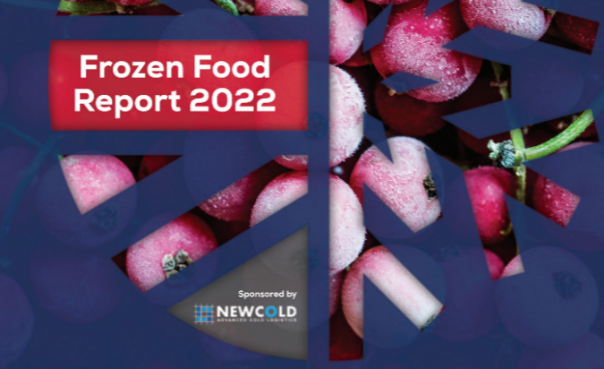Frozen helps foodservice industry to survive uncertain times

Over the past two years the British foodservice sector has been ‘hobbled’ by successive lockdowns, plummeting consumer confidence and deepening disruption to supply chains.
The report highlights the ‘back-to-basics’ approach that has been favoured by many operators.
Richard Harrow, chief executive of the British Frozen Food Federation (BFFF), said: “Many foodservice operators found that offering their usual menu was almost impossible on reopening after Covid restrictions. Whether due to having fewer kitchen staff or unpredictable diner numbers, many menus were replanned and frozen food offered a solution to several problems.
“The convenience and longer shelf life of frozen is allowing operators to adapt to the uncertainty caused by the pandemic while reducing food waste and helping them hit their sustainability targets.
“Frozen’s proved ability to cut food waste is also going to see it gaining a bigger role in foodservice outlets in response to consumer demands for more sustainable food and operators publicly declared CSR objectives.”
Choosing a frozen version of tricky, labour intensive dishes like beef wellington, southern fried chicken and souffles allows outlets to provide consistent quality with minimal prep time.
Britain now has at least 10,000 fewer licensed premises than it did before the pandemic hit. BFFF predictions show that the total foodservice market is to reach around £95bn in 2022, which is still 5% below 2019 levels.
The Frozen Food Report 2022 also predicts that foodservice outlets will still be expected to provide enhanced delivery and take away options.
